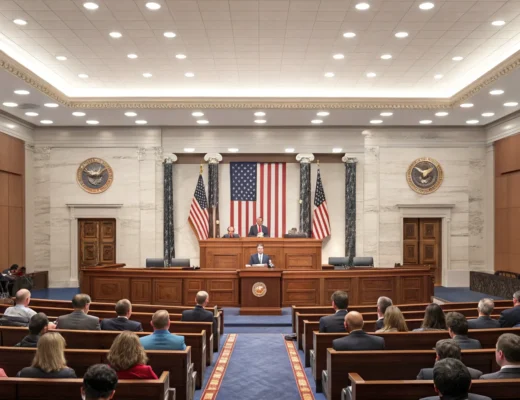
The growing “Retirement Gap” in the U.S. is particularly worrying for artists and elderly individuals grappling with the challenges of mental health stigma. Factors such as soaring healthcare costs, inflation, insufficient savings, heavy debt, and inadequate financial knowledge exacerbate the situation, especially for households earning less than $75,000 annually.
Artists and mentally ill elderly struggle to secure stable job opportunities, intensifying their financial hardships. Investing in retirement education programs and supportive services can equip them with necessary financial skills and resources, potentially lessening their financial burden and improving their mental health in the future.
The Financial Well-Being 2024 study by Assurance IQ has spotlighted the continual persistence of financial stress, despite improvements in consumer confidence since 2020. This situation emphasizes the urgent need for decisive financial management strategies and possible revisions and improvements in economic policy.
The study has also revealed alarming statistics regarding American’s apprehensions about their family’s future financial situation. Almost half of U.S. citizens over 50 fear their family may struggle to sustain their current standard of living post their demise, due to a lack of proper financial planning.
Prudential Financial alerts that future generations could face serious financial difficulties due to the high cost of living in retirement without sufficient income.
Previous Post






